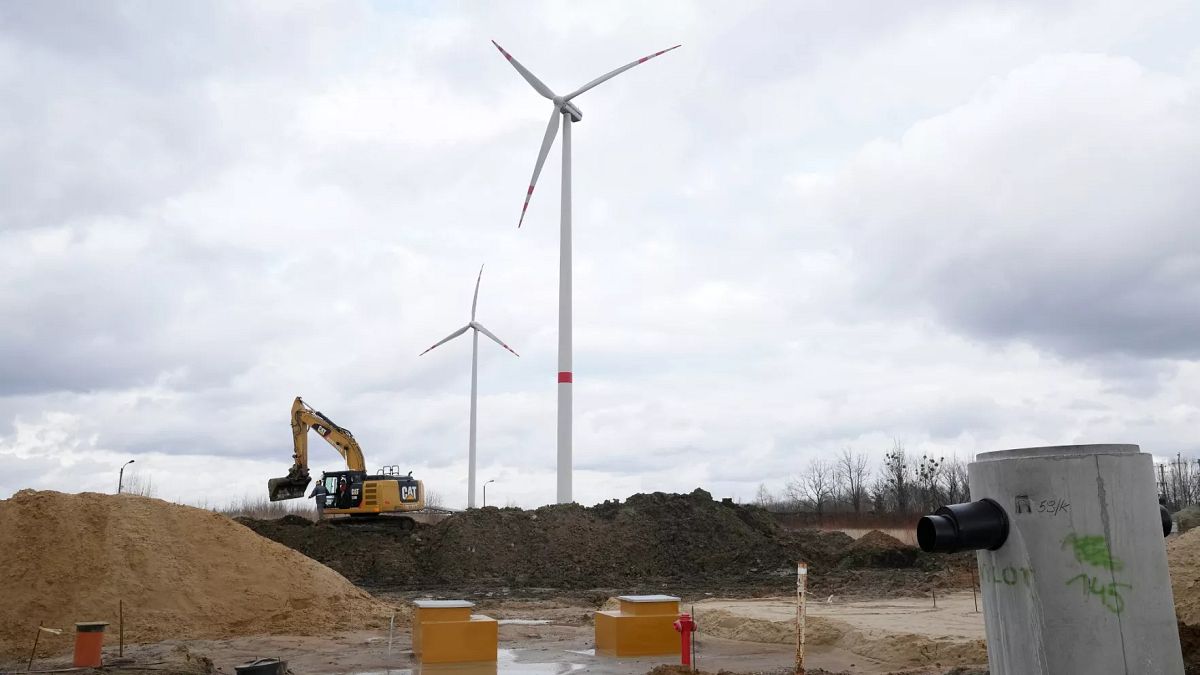

In recent days, a series of significant developments have unfolded on the global stage, embodying both economic and health-related themes. From Poland’s strides toward renewable energy to international trade dynamics involving tariffs and taxes, these events weave a complex narrative of change and adaptation.
Poland has reached a noteworthy milestone this month, where renewable energy sources have, for the first time, outperformed coal in electricity generation. This marks a pivotal shift in the nation’s energy landscape, traditionally dominated by coal. Despite a drop in coal consumption, Poland still ranks as one of the top emitters globally, underscoring the challenge of balancing traditional energy reliance with sustainable practices. This transition reflects a broader European trend towards cleaner energy solutions, driven by environmental consciousness and technological advancements.
Meanwhile, on the international trade front, former U.S. President Donald Trump has announced plans to impose hefty tariff hikes that could reach up to 70%. Scheduled to take effect in August, these tariffs are part of a strategy to encourage foreign nations to renegotiate trade deals, potentially sparking a shift in global trade patterns. Trump’s declaration highlights the complexities and tensions underlying current international economic relations and underscores the importance of strategic diplomacy in mitigating potential impacts.
In parallel, health initiatives are also taking center stage, as the World Health Organization has urged countries to raise taxes on tobacco, alcohol, and sugary drinks. These proposed ‘sin taxes’ aim to curb unhealthy consumption habits and prevent up to 50 million premature deaths over the next fifty years. This move highlights a growing global commitment to public health and disease prevention through economic measures, encouraging a healthier lifestyle among populations worldwide.
Adding to the trade discourse, China’s recent decision to impose anti-dumping duties on European brandy imports introduces another layer of complexity to international economic relations. The duties, set at up to 34.9% for the next five years, result from an investigation into the import costs of brandy from Europe. Yet, exemptions included in this ruling suggest an interest in maintaining certain economic ties and highlight the delicate balance countries must maintain between protecting domestic industries and fostering international trade.
As Europe navigates these challenges, the European Union is contemplating a new trade deal with the United States. A proposed skeletal agreement would involve a 10 percent tariff, aiming to avoid the more punitive 50 percent tariffs threatened by the upcoming deadline. The EU’s strategic considerations highlight the importance of maintaining cooperative economic relationships, even amidst potential trade tensions.
This confluence of economic policy and public health initiatives underscores the interconnected nature of global affairs. Whether through enhancing renewable energy capacity, adjusting trade agreements, or implementing health-motivated taxes, these developments reflect a world adapting to new realities and striving for a more sustainable and balanced future. As nations continue to pursue pathways that ensure economic stability and public well-being, the ongoing dialogue between economic and health priorities will remain a critical factor in shaping the global landscape.
Source: {link}
